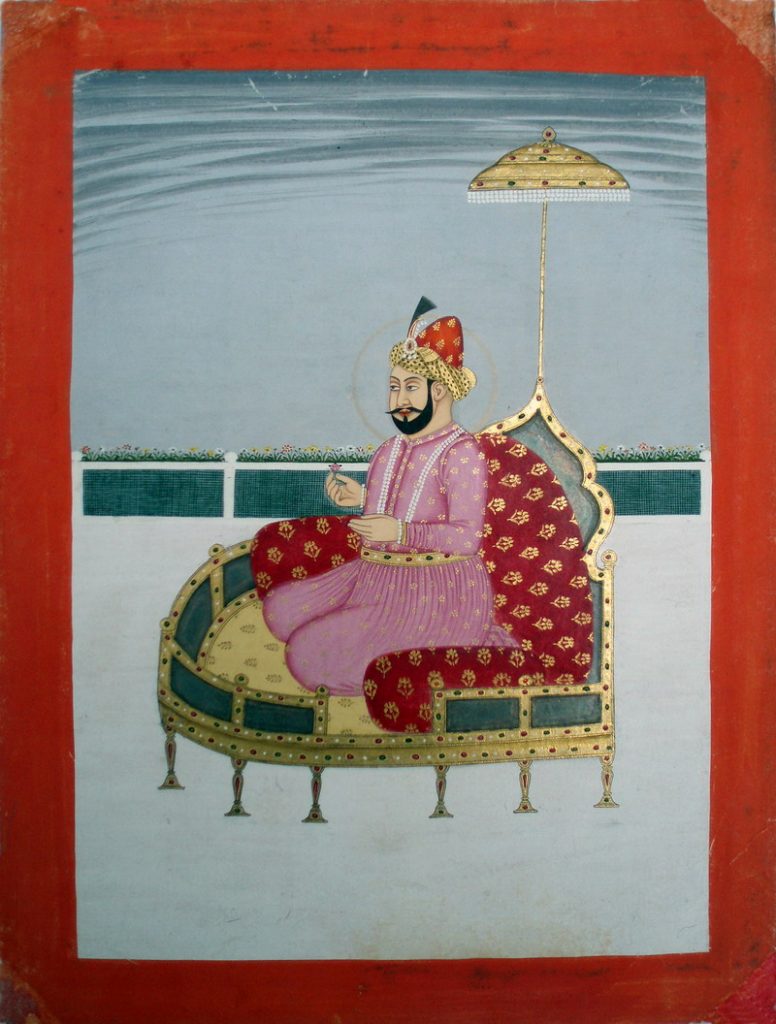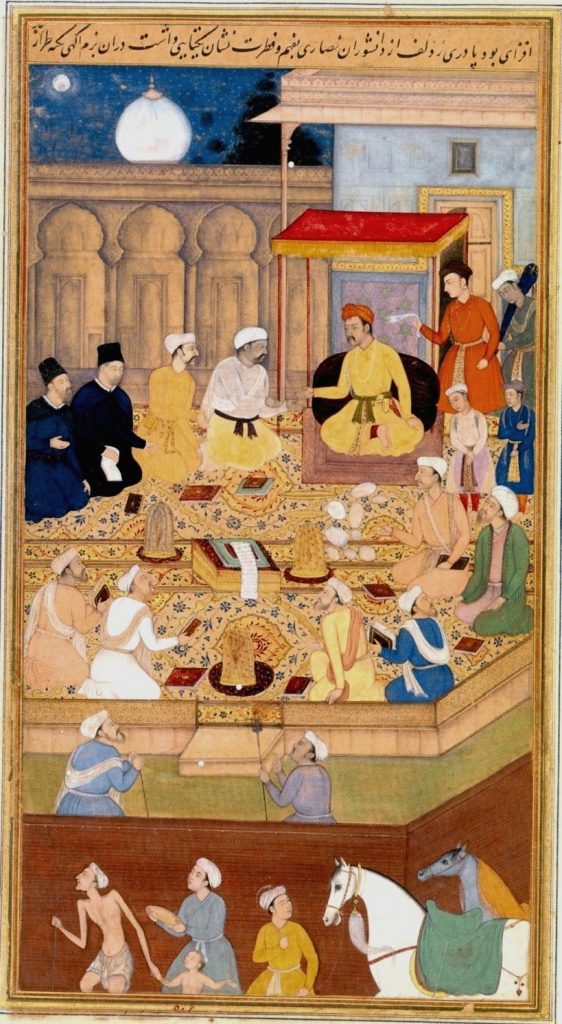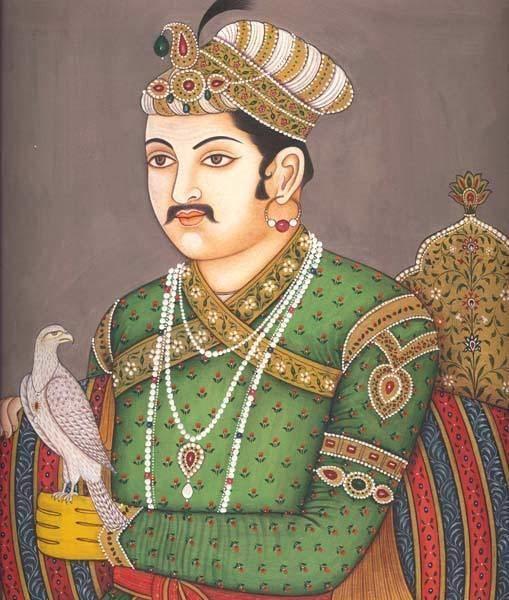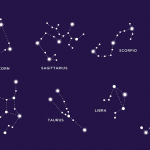A horoscope comes through every day. It’s such a regular part of you, but when was the last time you thought about the history of meanings you get from the stars and planets? Their movements in the night sky have carried immense power through the ages. For example, Medieval-era Muslims understood them as signifiers of time and direction. They crafted ideas over nature, over the colours and movements of celestial bodies and over constellations that mirror much of our astrological and even astronomical knowledge today. In the time of Mughal India, it mattered to the emperor Akbar. His own power and policies had close ties to nature and astrology. Read this article to understand how Akbar and astrology in India took shape together.
Astrology before Akbar

Concepts of time and medieval experience in general for Muslims depended much on the stars and nature. Developed widely in Arabian, Persian, Babylonian, Hellenistic and Indian traditions, astrological principles could help you through the simplest tasks. Travellers who moved at night through the desert used the positions of stars and constellations to guide them. And as Islam developed, concepts of prayer timings and the direction of the sacred Kabaa site began to depend on the same knowledge. Religion here became strongly connected to this astronomical side of life. In Islam, one calls the astrological tradition within astronomy “Ilm an-nujum.”
Mughal emperors began feeling such a connection in India. Humayun used his throne to signify the sun, and underneath it, lay a circle-shaped carpet depicting the signs of the zodiac. His courtiers sat around it on designated planets and symbols. Further, he assigned each day of the week with a purpose and a guiding planet. Monday for was recreation, Sunday for affairs of the Mughal state, and so on.
The sun, stars, and planets informed the largest decision-making processes at hand. Birth, death, and all royal battles in between, became the king’s astrological concerns.
Akbar and Faith

Vincent Smith throws light on Akbar’s own concerns in his book, Akbar The Great Mogul. In his chapter on discussions on religion, he notes that Akbar felt disillusioned by his Muslim orthodox officials. Their ideological infighting pushed him to consult authorities from other religions to find spiritual truth. He opened conversation with spiritual leaders that were Hindu, Parsi, Jain and of other non-Muslim faiths, and his court became a diverse space for all kinds of religious teachings. It’s not just a sign of Akbar’s aim in “uniting the discordant elements of his vast empire in one harmonious whole”, as Smith says, but a mark of the power he saw himself having.
And so when it comes to Akbar and astrology, his identification as a guiding, uniting, central star is important. He would kneel before the sun and fire for his spectators. His court would also be lit with lamps and candles in the evening, and everyone would have to rise in reverence of this act.
In these ways, Akbar’s royalty became connected to symbols of the light and sun. As the sun carries out its inevitable movement of illuminating the earth, Akbar was responsible for illuminating and bringing together his kingdom, in a sense.
The Great King’s Horoscope
His court chronicler, Abu l-Fazl, charted his personal horoscope for him. Dr. Stephan Popp explains, “a horoscope is a diagram showing the sky over a given place at a given time.” From 250 pieces of information, astrologers interpret the diagram to yield a horoscope. Further the relationship between Akbar and astrology shows that it was a royal art of using the stars to make calculations about his personality as a king, as well as the future of his kingdom.

His horoscope was a complex one. Because of the different definitions of zodiac signs in Vedic and Western codes, Akbar could either be a Leo or a Virgo. Abu l-Fazl dutifully noted this difference in his history of Akbar’s life, the Akbar Nama. He personally believed that Akbar was a Leo as it suited his royal status. As Akbar’s trusted court chronicler, Abu l-Fazl felt it important to characterise the king’s persona based on even the zodiac sign attributed to him. Later in 1583, when Fathullah Shirazi joined Akbar’s court, Fazl asked him to help resolve the contradiction. He did so promptly with yet another set of astrological codes. Using the “star tables of Greeks and Persians”, he proved that Akbar was indeed a Leo.














